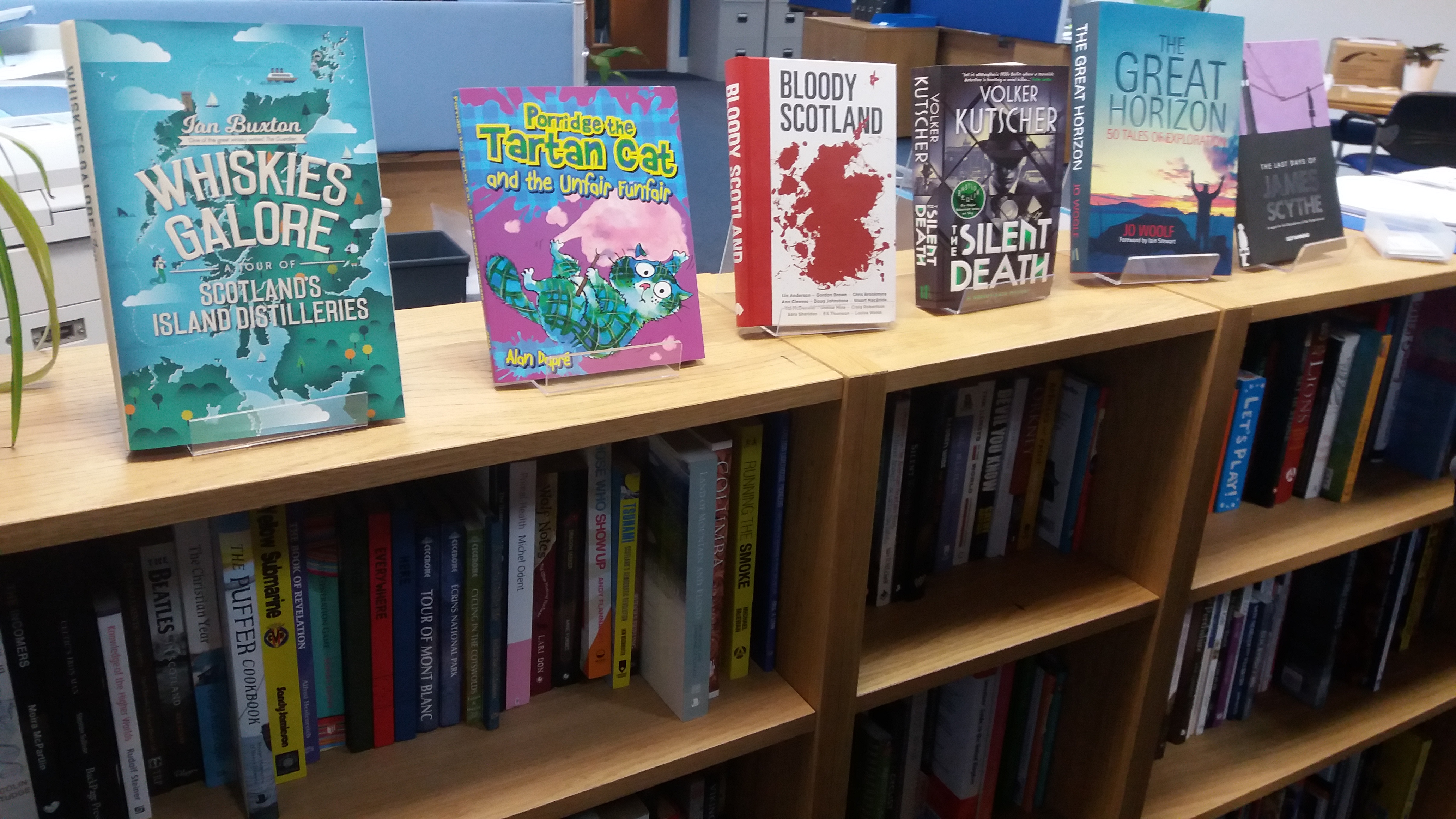Other people relish in the Scottish spirit of Saint Andrew’s. Instead of joining them, I opted for the Saltire Society Literary Awards.
 The Saltire Society was founded in 1936 to bring forward and promote the Scottish culture throughout the world. For this purpose, the Saltire Society organises numerous awards, one of which took place on the 30th November 2017.
The Saltire Society was founded in 1936 to bring forward and promote the Scottish culture throughout the world. For this purpose, the Saltire Society organises numerous awards, one of which took place on the 30th November 2017.
This event was my first award celebration since arriving in Scotland. The place was gorgeous, with a splendid Christmas tree and pleasant people. Once there, we met with my classmates as well as with people from different professional backgrounds – authors, professors, etc. – who were really eager to discuss literary and non-literary subjects with us.
The event itself is funded by the National Lottery through Creative Scotland. Altogether, there were eight awards in eight different categories and one medal for a thesis given.
There were judging panels for different categories with shadow panels for some awards.
On this occasion, some of my classmates were shadow members like David MacDonald Graham, Gabriella Rodriguez, Marija Katiliute or Katie Lumsden.
David MacDonald Graham vividly describes his experience on our blog: http://www.publishing.stir.ac.uk/saltire-society-judging-experience/.
Firstly, Lucy Linforth from Edinburgh University was awarded the Ross Roy Medal for her thesis.
This was followed by awards in literature and publishing. 2017’s publisher of the Saltire Society is Birlinn which is a wonderful Scottish independent publisher. This company is highly committed to protect Scottish and UK interests with high-quality editorial production.
Claire Squires, one of our professors in Publishing Studies at the University of Stirling, announced the winner of the Emerging Publisher Award 2017. A memorable moment for us to see her represent our class at this event, especially because the winners and co-founders of 404 Ink, Laura Jones and Heather McDaid, were also students in our programme! This was a wonderful celebration.

OLYMPUS DIGITAL CAMERA
Luath Press double-celebrated that night for the Research Book 2017 granted to Peter Mackay and Iain Macherson (An Leabhar Liath The Light Blue Book: 500 Years of Gaelic Love and Transgressive Verse) and for the Fiction Book 2017 granted to the hilarious Angus Peter Campbell (Memory and Straw).
Em Strang won the Poetry Book award 2017, with her title Bird-Woman published by Shearsman Books. “This is spellbinding poetry”, to quote the Saltire Society accordingly.
Ever Dundas received the First Book Award 2017 for her amazing novel Goblin. I am pleased that her novel which blends different genres could win an important award like this one. The work and writing of Ever Dundas are wonderful to bring her first title at this level of prestige.
Finally, I am glad to announce that Kapka Kassabova won both the Non-Fiction Book and Saltire Scottish Book Awards 2017 for her incredible work, Border: A Journey to the Edge of Europe, published by Saraband. Owing to a current subject and an amazingly written work, she deserves this recognition. “Borders don’t change”, she said last night. “My dream is (…) new borders” because the ones we have are synonymous with anger and fear. We need to make them fall.
Each award winner receives £2,000 with a wonderful award. In addition to the £2,000 set, the Saltire Book winner receives an extra £3,000. We got two winners in our group as well: Mireia Pauné Font and Hannah Chen. Each of them won a short-listed title because they found, in their welcoming bag, a pink pin from the Saltire Society.
Congratulations to everyone for being a source of inspiration and creativity!



 In association with the Gaelic Books Council, we are delighted to announce a scholarship for a student with fluent written and spoken Scottish Gaelic for the
In association with the Gaelic Books Council, we are delighted to announce a scholarship for a student with fluent written and spoken Scottish Gaelic for the 





 Winter is here. There are magical light displays on the streets. Christmas markets are open. There is mulled wine and cinnamon treats, and large crowds of people wearing colourful reindeer jumpers shopping for presents. Snow has already made an appearance, with gentle snowflakes covering everything in white in Stirling.
Winter is here. There are magical light displays on the streets. Christmas markets are open. There is mulled wine and cinnamon treats, and large crowds of people wearing colourful reindeer jumpers shopping for presents. Snow has already made an appearance, with gentle snowflakes covering everything in white in Stirling.